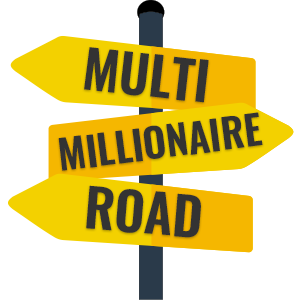Variable costs, fixed costs, cost of sales and overheads. What do these costs mean?
How to find lean companies to invest in
Revenue is vanity, profit is sanity. This is the old investment adage. It hints to the fact that sales and sales growth are irrelevant if costs and the growth in the cost base are uncontrollable.
Companies become good investment proposals if they can demonstrate that they can control their costs. However, an investor must understand the different types of costs within a business.
Variable costs versus fixed costs
Variable costs are those that vary depending on the amount of sales the business produces. In a manufacturing business variable costs would be the cost of buying the materials to make the widgets. As demand for widgets increases, more materials are required in order to make more widgets and service the increased demand. Variable costs are any costs that go up when more goods are produced and go down when fewer goods are produced.
Fixed costs are the opposite of variable costs. Fixed costs do not change in magnitude as production changes. Rent would be an example of a fixed cost within a business. Generally, no matter what the changes in production (at least in the short term) the rent charged by the landlord does not change and will remain fixed each period.
Cost of sales
I like to think of cost of sales like variable costs. They are generally thought of as the direct costs required in order to product each unit of a good. Unsurprisingly they tend to be the same costs as the variable costs - the cost of materials. However, depending on the type of business they may also include some fixed costs.
In a service business where the only thing being sold is the time of the expert or professional, the cost of sales of that business would be the salaries of the individuals providing the service. Salaries tend to be fairly fixed by their nature and rarely depend on the level of output.
Overheads and other costs
Think of overheads as the miscellaneous cost category. These include all other costs that aren't directly attributable to the sales. For example, the HR function costs do not directly relate to sales so would be considered as overheads. I like to think of it in this way: if the business could in theory still make money without incurring these costs then the cost should probably be considered in overheads.
What are you looking for in costs?
Generally, you're looking for businesses that are able to control their costs. Cost of sales are directly related to the size of sales. As such, you'd expect these to increase as sales increases. However, overheads and fixed costs should remain fairly constant irrelevant of the size of the sales. Rising fixed costs and overheads could indicate poor management control over business costs.
A warning signal of poor management would be a business that sees rising costs in all areas despite sales stagnating or even falling. Avoid these types of businesses at all costs.



Post a Comment